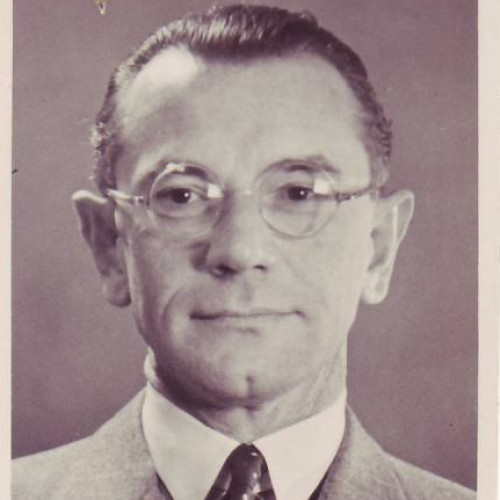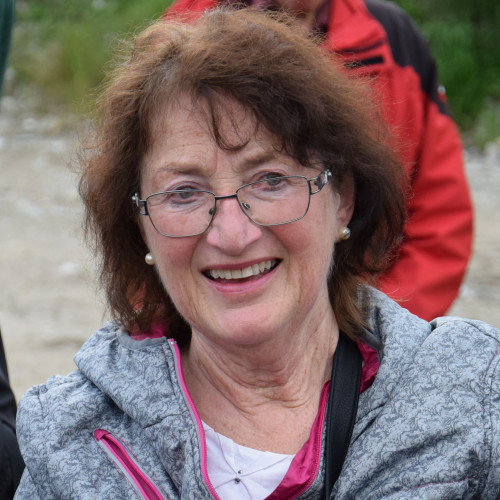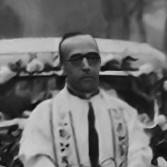Aleksander Ładoś (1891-1963) - Instytut Pileckiego
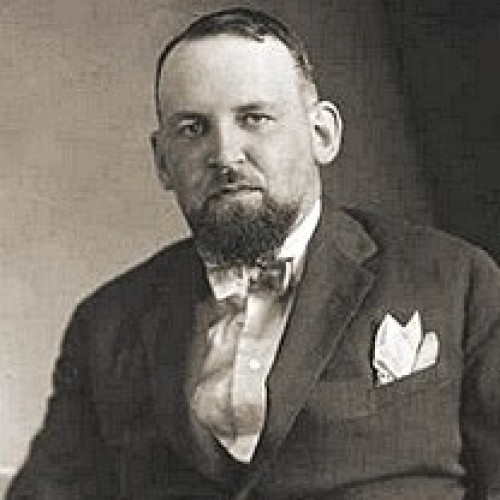
He was the leader of the group which issued illegal Latin American passports to persecuted Jews. Ładoś gave the group diplomatic protection.
Polish diplomat, journalist, and politician. His diplomatic career began in 1919. In 1920—1921 he was a secretary in the Polish delegation during peace talks with the Soviet Union, then he was the Polish representative in Latvia (1923—1926), and later the Polish Consul General in Munich (1927—1931). In the 1930s he took mainly to political journalism. Following the start of the war, he was a minister without portfolio in Władysław Sikorski’s government-in-exile from 3 October to 7 December 1939.
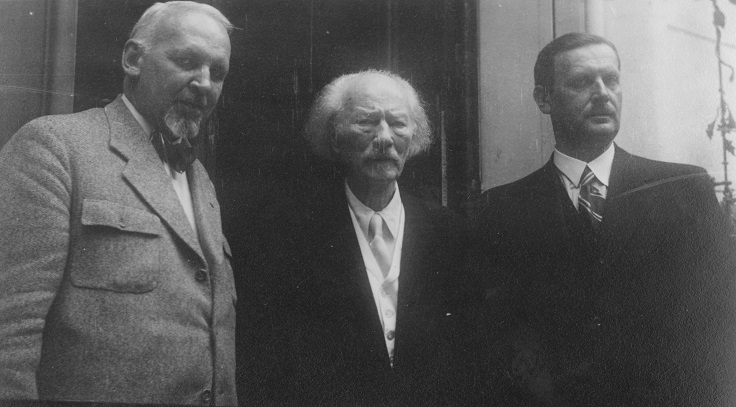
THE ŁADOŚ GROUP
The Ładoś Group, also called the Bernese Group, comprised Polish diplomats, employees of the Polish embassy in Bern, and representatives of Jewish organizations cooperating with them. The group was led by the Polish embassy’s chargé d’affaires Aleksander Ładoś. In addition to him, three other Polish diplomats at the embassy were also members of the group: Stefan Ryniewicz, Konstanty Rokicki and Juliusz Kühl, as well as two activists from Jewish organizations in Switzerland: Abraham Silberschein and Chaim Eiss.
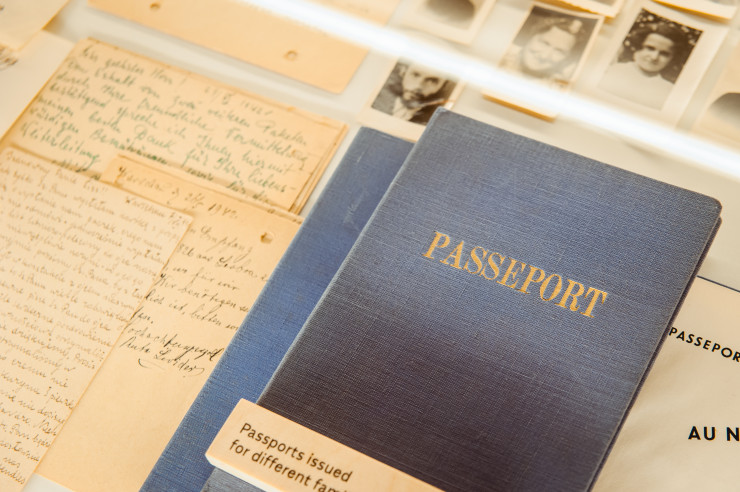
During the Second World War, the group illegally issued Latin American (mainly Paraguayan) passports. The operation was initially intended for Jews in the ghettos of occupied Poland, but over time the passports were sent to other countries such as the Netherlands. Issuing these passports to Jews greatly increased their chances of survival — the documents meant their bearers might be sent for internment instead of extermination. It is estimated that the group issued passports for up to 10,000 people.
fot. National Digital Archives
See also
- gen. Lóránd Utassy (1897— 1974)

awarded
gen. Lóránd Utassy (1897— 1974)
Utassy denied the Gestapo access to the internment camps and refused to surrender Polish soldiers. He also participated in talks with the Red Cross, aiming to establish it as the representation of Poles who had found themselves on Hungarian soil.
- Martha Gammer (1947)

awarded
Martha Gammer (1947)
In the 1970s, few people knew that the tunnels excavated in the hills near Gusen were the result of slave labor by prisoners of the German Nazi concentration camp that existed there during the Second World War.
- Raymond Voegeli

awarded
Raymond Voegeli
(1894–1980)Helping those in need was the meaning of Father Raymond Voegeli’s life. Before the war, he was a member of the Camillians, whose main mission was ministering to the sick.
